The use of artificial intelligence in sports medicine
13/12/2021
Share this post

Artificial Intelligence techniques can transform the field of orthopaedics and sports medicine, but to which aspects will AI add the most value?
Let's have a look at how artificial intelligence can change the sports medicine field.
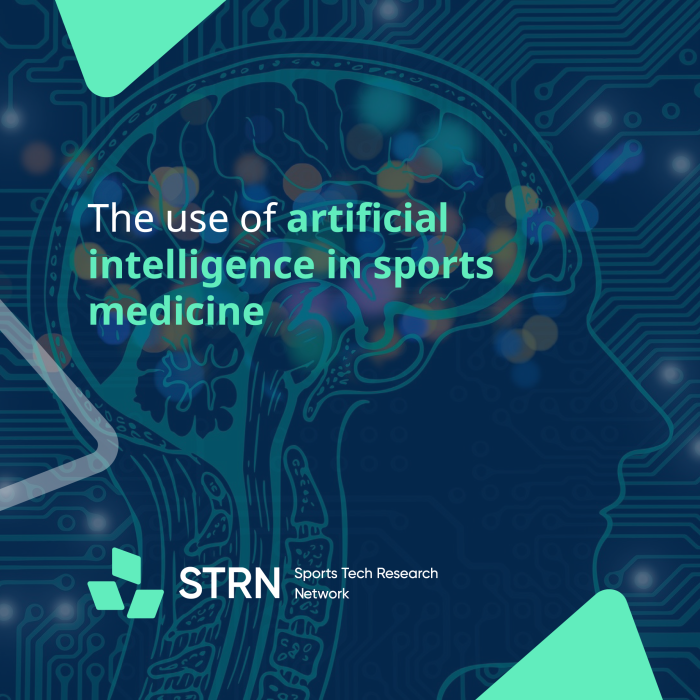
Artificial Intelligence is impacting many different domains in and outside of sports, and sports medicine does not seem to be an exception to this.
These insights are based on the research of the Cleveland Clinic and the Hospital for Special Surgery, New York. MD Prem Ramkumar et al. published the paper "Sports Medicine and Artificial Intelligence: A Primer" (Full Text). Here are their key insights. 👇
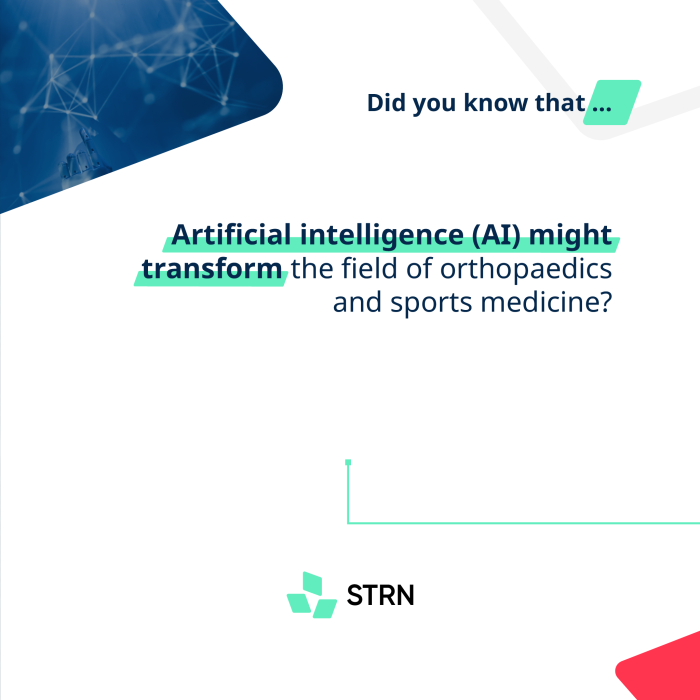
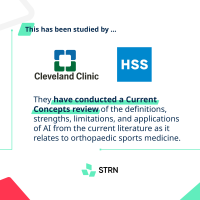
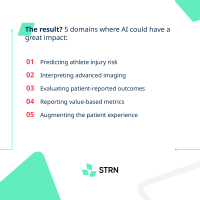
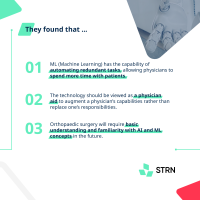
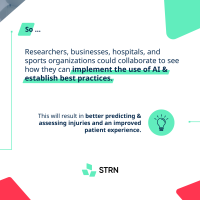
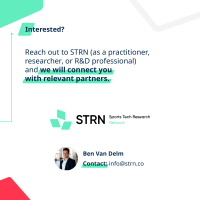
For those who like a short text version of the authors' findings, here it is:
Did you know that Artificial Intelligence (AI) might transform the field of orthopaedics and sports medicine?
This has been studied by researchers at the Cleveland Clinic and the Hospital for Special Surgery, New York. They have conducted a Current Concepts review of the definitions, strengths, limitations, and applications of AI from the current literature as it relates to orthopaedic sports medicine.
As a result, they found 5 domains where AI could have a great impact:
1) Predicting athlete injury risk
2) Interpreting advanced imaging
3) Evaluating patient-reported outcomes
4) Reporting value-based metrics
5) Augmenting the patient experience
They also found that ML (Machine Learning) has the capability of automating redundant tasks, allowing physicians to spend more time with patients. Additionally, the technology should be viewed as a physician's aid to augment a physician’s capabilities rather than replace one’s responsibilities. Furthermore, orthopaedic surgery will require basic understanding and familiarity with AI and ML concepts in the future.
So...
Researchers, businesses, hospitals, and sports organizations could collaborate to see how they can implement the use of AI & establish best practices. This will result in better predicting & assessing injuries and an improved patient experience.
Interested?
Reach out to STRN (as a practitioner, researcher, or R&D professional) and we will connect you with relevant partners.
Comments
There are no comments yet.




